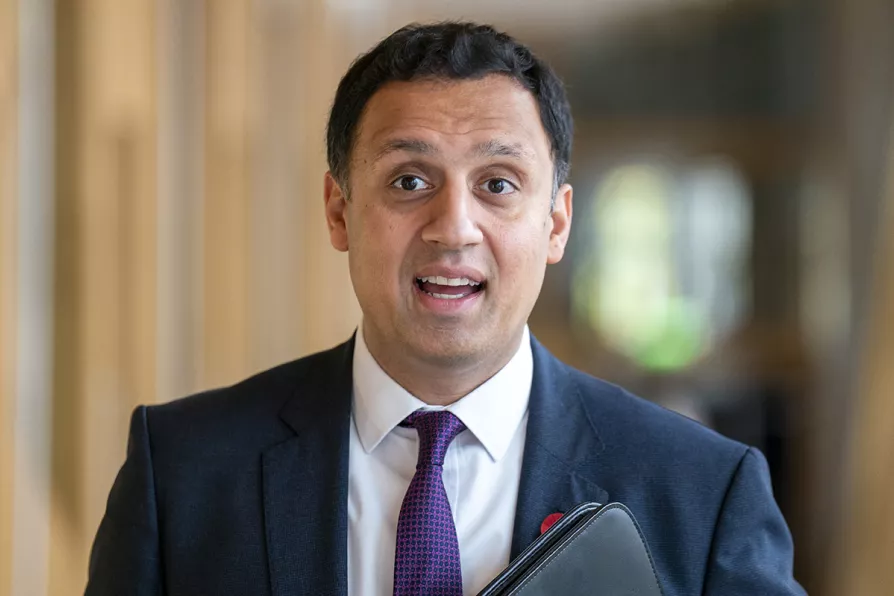Eighty-one years after the liberation of Auschwitz, the threat of far-right extremism is resurging – the lessons of history demand unity, organisation and resistance, argues SABBY DHALU

 Scottish Labour leader Anas Sarwar
Scottish Labour leader Anas Sarwar
THINK of Keir Starmer for a minute as a bishop. No, not a Church of England deliberative, liberal sort of bishop — more like a dogmatic Irish Catholic bishop in the early part of the 20th century.
During that period a progressive thinking politician in the south of Ireland might venture something that didn’t quite fit with the church’s thinking — like state provision of health, for example. This would almost certainly see the recalcitrant politician hooked into see the bishop who would set the straying soul back on the right path. These encounters were known “as a belt of the bishop’s crozier.” For the ungodly, a crozier is a symbolic shepherd’s staff carried by bishops.
Over the last few weeks, Anas Sarwar, leader of the Scottish Labour Party, drew a lot of praise from the left and progressive movement in Britain, including this newspaper, for criticising Starmer and calling for a ceasefire, despite Starmer’s insistence that such a call was futile and would allow Hamas to regroup.

Starmer’s decision to recognise Palestine only as long as Israel continues to massacre its inhabitants has been met with outrage, writes LINDA PENTZ GUNTER













